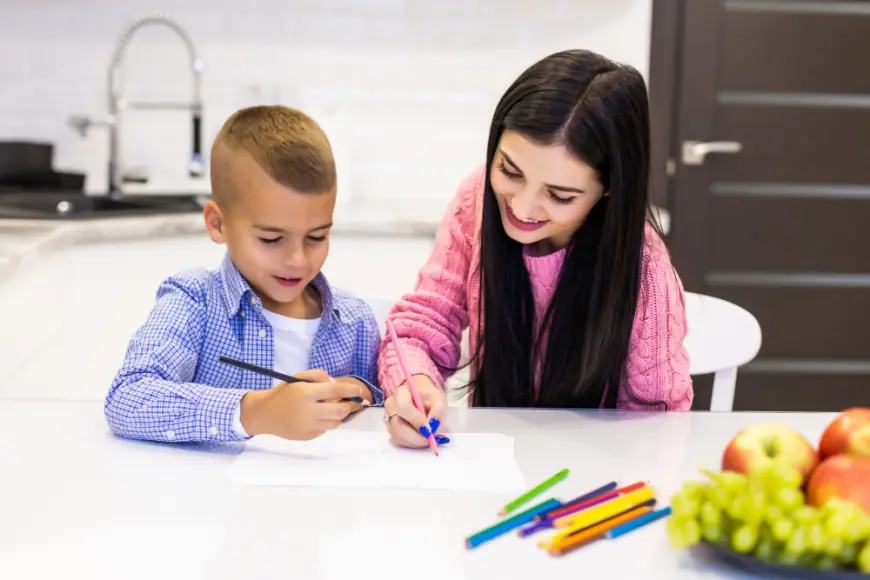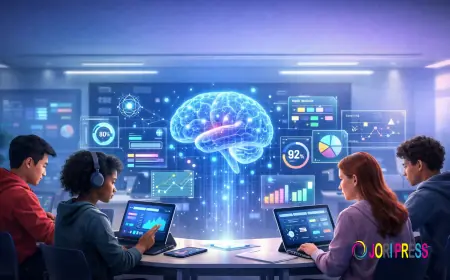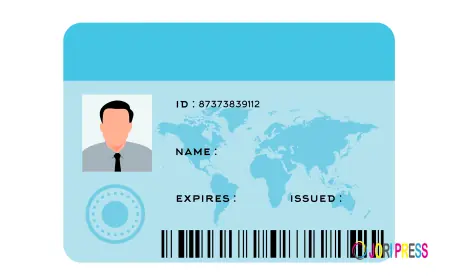Building Early Bilingualism: The Importance Of Bilingual Preschools In The Development Of Language Skills
In this article, we’ll take a closer look at the importance of bilingual education and how it can support your child’s long-term academic success and journey in language learning.

When it comes to early childhood education, the choices that you make as parents make can have lasting effects on your child's early development and future success.
Enrolling your child in a bilingual preschool in Singapore comes with a wide range of benefits that extend far beyond language learning. That’s why the right preschool can be a game-changer in shaping your child’s early growth and development.
In this article, we’ll take a closer look at the importance of bilingual education and how it can support your child’s long-term academic success and journey in language learning.
1. Brain power and cognitive skills
You’ve probably heard that the preschool years are a critical period in a child’s development. At this stage, a child’s brain functions like a sponge, ready to absorb and process new information at a rapid pace.
Many early childhood educators would argue that nothing trains and strengthens a child’s brain quite like learning two languages simultaneously.
As a child learns a second language, the process boosts their cognitive abilities and enhances key executive functions. The mental juggling involved in bilingualism sharpens problem-solving abilities, improves multitasking, and strengthens focus.
These are skills essential not only for academic success but also for everyday life.
2. Cultural sensitivity
Bilingualism isn’t just about learning another language. It’s as much about understanding other cultures and empathising with others.
When children learn to acknowledge and respect diverse cultures and perspectives, their understanding of the world around them widens.
Especially in a multicultural country like Singapore, introducing bilingualism early helps children build a deeper sense of empathy, not just toward others, but also toward themselves.
Learning two languages in preschool teaches children how to maintain connections to their own family and cultural roots, appreciate other perspectives, and form meaningful relationships with people from various backgrounds.
3. Language proficiency
One of the greatest benefits of early exposure to multiple languages is an enriched vocabulary and improved language comprehension.
Bilingual children often develop a broader vocabulary, allowing them to express their thoughts and ideas more clearly and in more ways than one. Early proficiency in two languages builds the foundation for them to become confident, effective communicators.
Additionally, bilingual proficiency helps children understand the nuances of language and communication while strengthening their literacy in both languages.
4. Improved social skills
Children who speak more than one language are more likely to develop stronger social skills and form meaningful relationships with those around them.
The ability to navigate different languages at a young age helps them become more adaptable and confident communicators in various social settings. This enhances their ability to understand social cues, feel confident when interacting with others, and build friendships more easily – all while training them to become effective speakers!
5. Stronger learning foundation
Lastly, bilingual education in preschool doesn’t just enhance their language skills. It lays the foundation for strong cognitive development and long-term academic success.
By taking advantage of their brain during this critical stage, bilingual learning boosts children’s mental flexibility, strengthens memory, and sharpens the cognitive processes essential for lifelong learning.
These benefits prepare them to succeed in all areas of learning, giving them the confidence to navigate Singapore’s competitive formal education system.
What's Your Reaction?
 Like
0
Like
0
 Dislike
0
Dislike
0
 Love
0
Love
0
 Funny
0
Funny
0
 Angry
0
Angry
0
 Sad
0
Sad
0
 Wow
0
Wow
0

















































